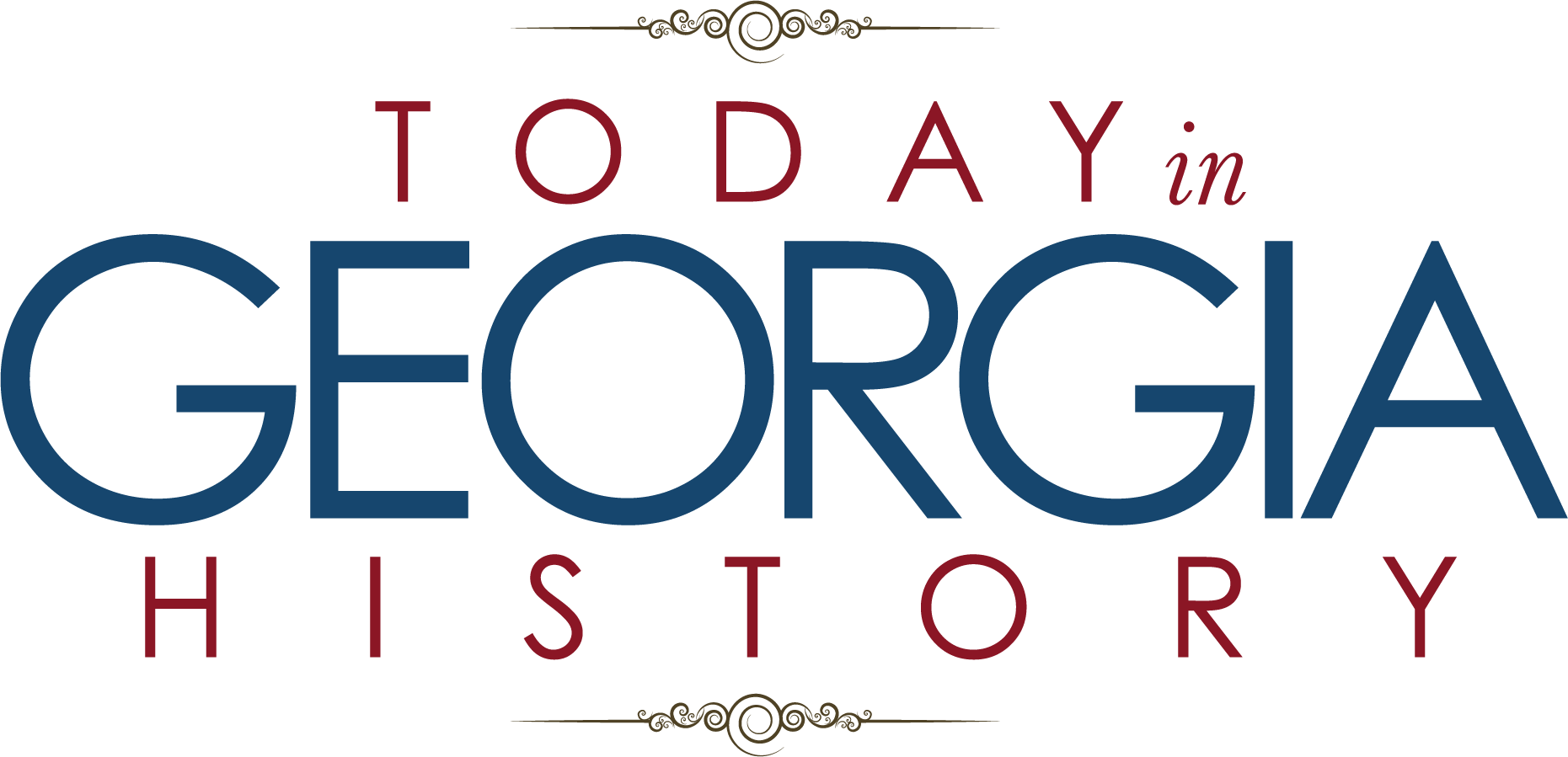Daily Activities – Crawford Long (1815)
The daily activities created for each of the Today in Georgia History segments are designed to meet the Georgia Performance Standards for Reading Across the Curriculum, and Grade Eight: Georgia Studies. For each date, educators can choose from three optional activities differentiated for various levels of student ability. Each activity focuses on engaging the student in context specific vocabulary and improving the student’s ability to communicate about historical topics.
One suggestion is to use the Today in Georgia History video segments and daily activities as a “bell ringer” at the beginning of each class period. Using the same activity daily provides consistency and structure for the students and may help teachers utilize the first 15-20 minutes of class more effectively.
Optional Activities:
Level 1: Provide the students with the vocabulary list and have them use their textbook, a dictionary, or other teacher provided materials to define each term. After watching the video have the students write a complete sentence for each of the vocabulary terms. Student created sentences should reflect the meaning of the word based on the context of the video segment. Have students share a sampling of sentences as a way to check for understanding.
Level 2: Provide the students with the vocabulary list for that day’s segment before watching the video and have them guess the meaning of each word based on their previous knowledge. The teacher may choose to let the students work alone or in groups. After watching the video, have the students revise their definitions to better reflect the meaning of the words based on the context of the video. As a final step, have the students compare and contrast their definitions to their textbook, dictionary or other teacher provided materials definitions.
Level 3: Provide the students with the vocabulary list and have them use their textbook, a dictionary, or other teacher provided materials to define each term. After watching the video, have the students write a five sentence paragraph based on the provided writing prompts.
Vocabulary/Writing Prompts:
Vocabulary Terms
Debt
Firsthand
Excruciating
Alleviate
Hypnotism
Ether
Frolic
Nitrous oxide
Chemist
Anesthetic
Writing Prompts
1. Can you imagine having a surgery with nothing to keep you from feeling the pain? What role did Crawford Long play in making pain-free surgery a reality? In a five-sentence paragraph explain the role Crawford Long played in implementing Anesthesia in surgeries, and then discuss the significance of his contribution.
2. Did Crawford Long use the scientific method? In a five sentence paragraph explain what steps of the scientific method this segments shows Crawford Long used in to discover the safety and effectiveness of using anesthesia in surgery.
3. What is Crawford Long’s legacy? In a five sentence paragraph summarize the legacy Crawford Long left on the world.
Related Georgia Performance Standards:
Reading Across the Curriculum (Grades 6-12)
SSRC1 Students will enhance reading in all curriculum areas by:
c. Building vocabulary knowledge
• Demonstrate an understanding of contextual vocabulary in various subjects.
• Use content vocabulary in writing and speaking.
• Explore understanding of new words found in subject area texts.
d. Establishing context
• Explore life experiences related to subject area content.
• Discuss in both writing and speaking how certain words are subject area related.
• Determine strategies for finding content and contextual meaning for unknown words.
Eighth Grade Science Research
S8CS9. Students will understand the features of the process of scientific inquiry.
Students will apply the following to inquiry learning practices:
a. Investigations are conducted for different reasons, which include exploring new phenomena, confirming previous results, testing how well a theory predicts, and comparing different theories. Scientific investigations usually involve collecting evidence, reasoning, devising hypotheses, and formulating explanations to make sense of collected evidence.
b. Scientific investigations usually involve collecting evidence, reasoning, devising hypotheses, and formulating explanations to make sense of collected evidence.
c. Scientific experiments investigate the effect of one variable on another. All other variables are kept constant.
d. Scientists often collaborate to design research. To prevent this bias, scientists conduct independent studies of the same questions.
e. Accurate record keeping, data sharing, and replication of results are essential for maintaining an investigator’s credibility with other scientists and society.
f. Scientists use technology and mathematics to enhance the process of scientific inquiry.
g. The ethics of science require that special care must be taken and used for human subjects and animals in scientific research. Scientists must adhere to the appropriate rules and guidelines when conducting research.



